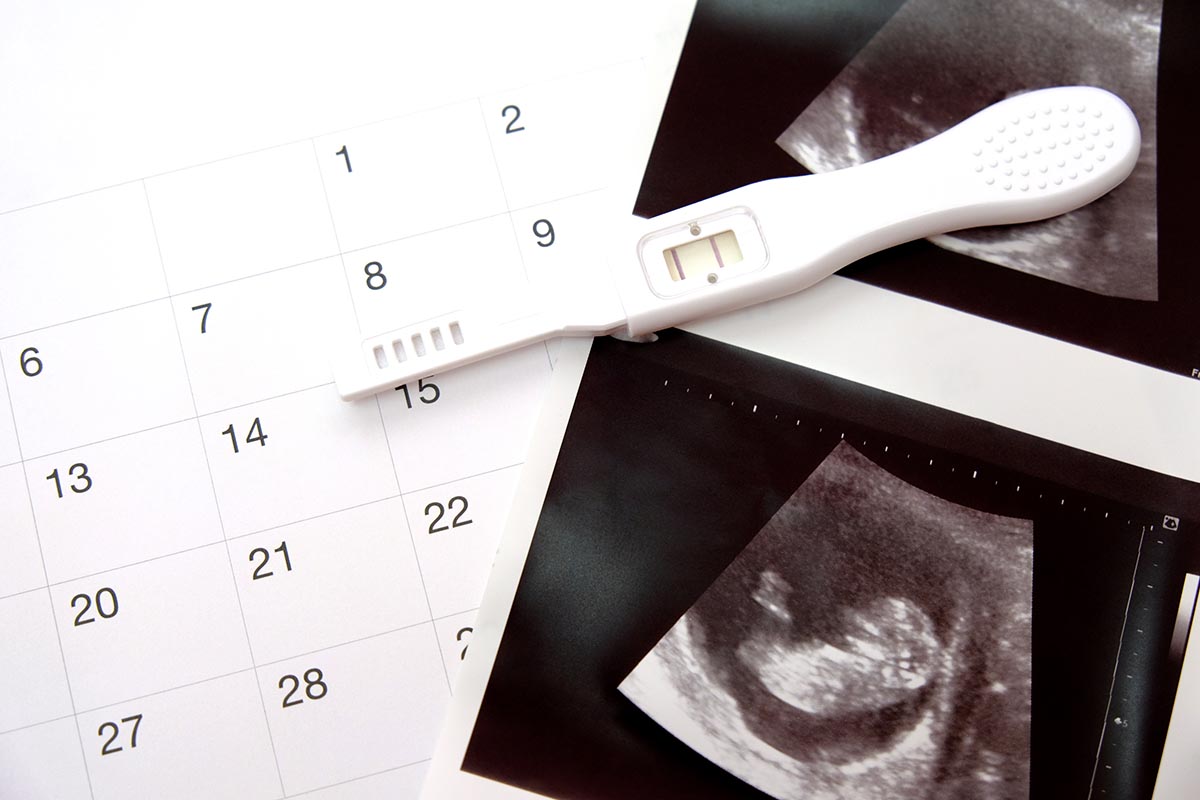- When do we find out that we have pregnancy confirmation?
- The first pregnancy test is conducted 12 days after embryo transfer. If HCG levels are high, we proceed to an ultrasound. If levels are low, we repeat the test in two days. An increase indicates initial pregnancy confirmation, leading to an ultrasound.
- When is pregnancy finally confirmed?
- Three weeks after the HCG test, an ultrasound confirms the presence of the fetus, detects the heartbeat, and identifies a singleton or twin pregnancy, marking full confirmation.
- What happens if the embryo transfer attempt fails?
- If the result is negative after 12 days, we promptly plan the next attempt. Depending on medical conditions, we may continue with the same surrogate or select a new candidate.
- Why do pregnancies normally fail? Can we take measures to increase the implantation rate?
- Despite advancements, guaranteeing progressive pregnancies after transfer remains challenging. We ensure surrogates are optimally prepared, but pregnancy success cannot be assured.
- How many attempts would I need before achieving a successful pregnancy?
- With current success rates, pregnancy is often achieved within 1-2 attempts. However, if we had low AMH or suboptimal grading, multiple attempts may be necessary.
- What support is available if an attempt fails?
- Our team continuously evaluates each situation, offering best advice and strategies to optimize success in subsequent attempts.
+995 598 80 22 23Building 3, 1st Dead End, Beliashvili Street, Tbilisi, Georgia 0159
- Company
- Journey Options
- Get Started
- Egg Donor Database
- FAQ
- Surrogacy Process and Care
- Surrogacy Regulations and Legal Documentation
- Egg Donation
- Medical Part of the Process
- Frozen Materials: Shipping and Handling
- Stimulation and Egg Collection
- Preimplantation Genetic Screening (PGS)
- Pregnancy Confirmation and Dealing with Failed Embryo Transfers
- Exit Procedures from Georgia
- Destination
- Blog
- Company
- Journey Options
- Get Started
- Egg Donor Database
- FAQ
- Surrogacy Process and Care
- Surrogacy Regulations and Legal Documentation
- Egg Donation
- Medical Part of the Process
- Frozen Materials: Shipping and Handling
- Stimulation and Egg Collection
- Preimplantation Genetic Screening (PGS)
- Pregnancy Confirmation and Dealing with Failed Embryo Transfers
- Exit Procedures from Georgia
- Destination
- Blog




